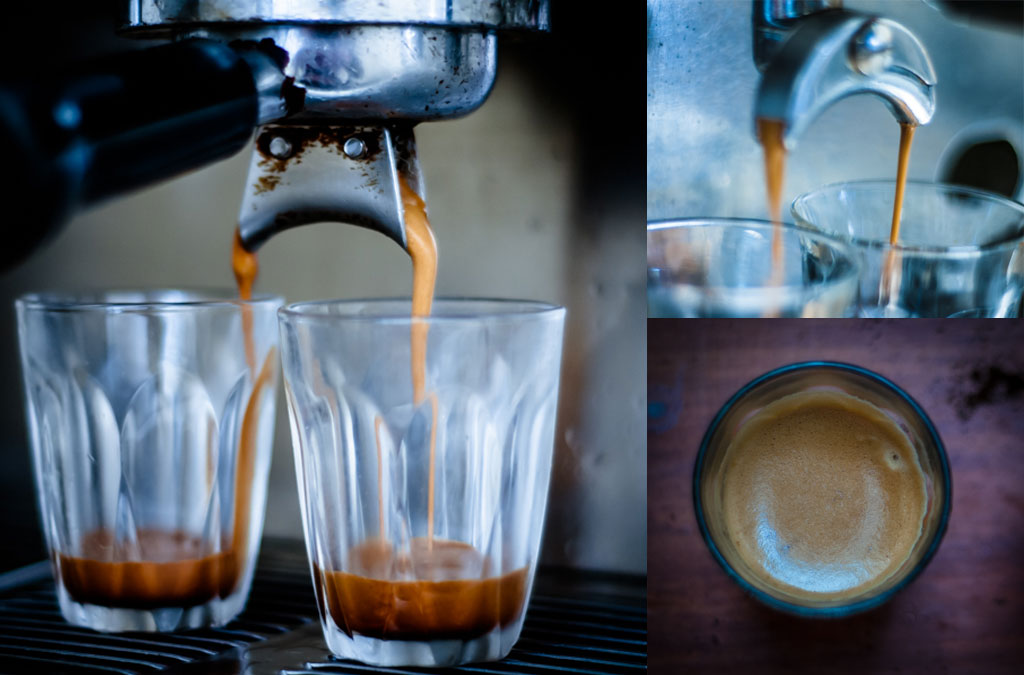When you have a coffee made from the Brazilian Icatu beans you understand just how special this coffee really is. Even if you are not an expert of coffee characteristics you will still notice how full of flavour the drink is in whatever form its made.
The incredible truth is, this cultivar bean is still in its infancy and so its potential as a specialty coffee has yet to be acknowledged, but one thing is for sure: it’s only going to get better and could possibly change the course of coffee export from Brazil as we know it.
What the hell is a Cultivar Bean?
Unless you are a professional botanist, chances are you are looking at the word trying to figure out what the hell it means or if I just made it up. I assure it is a word often used in association with coffee beans. Possibly a combination of the words “cultivated” and “variety”, the word Cultivar arose from the need to distinguish between wild plant characteristics and plants with characteristics that have been cultivated. Roses are probably the easiest understood cultivars as we are all aware of the thousand different types of manufactured colours.
The Icatu bean was hybridised in 1993 by crossing some arabica and robusta (bourbon) beans and then backcrossing with a Mundo Novo (another hybrid bean).
Considering that some varieties of bean have been around since the 1700s, yeh, I’d say this is a fairly new coffee variety.
OK, enough of the history lesson; why is this coffee so good?
Well, apart from the beautiful maple syrup, cocoa and malt flavours that are present in a short black, or how delicious it tastes in a latte or or other milk based drinks, this bean could potentially single-handedly save the coffee industry from a mass wipe out.
With the leaf rust plague that is threatening harvests all across Central and South America, things are looking pretty shaky now for the coffee industry – let alone the coffee prices for us consumers. Our saviour could be the Icatu bean. It is heavily resistant to leaf rust which allows the harvests to be wide and plentiful which means that it also stays low in price compared to other specialty coffees.
This particular varietal is not from one farm in particular but is more of a “cooperative microlot” where many local farmers gather the best cherries and add them to a collective pool to be distributed internationally.
With a high production yield and strong resistance to disease and bugs, this incredible bean is going to be a winner for many many years.
Did I mention they taste awesome and you should probably buy some? click here to buy




3 comments
Jean
To that point, I too got confused with the brackets, bourbon obviously being an Arabica.
To that point, I too got confused with the brackets, bourbon obviously being an Arabica.
Anonymous
Yep. They first crossed it with a bourbon and then again with the Mondo Novo. You could say it’s a “double cross”! 😂
Yep. They first crossed it with a bourbon and then again with the Mondo Novo. You could say it’s a “double cross”! 😂
Ashley
“robusta (bourbon)”
Huh? Do you mean a cross?
“robusta (bourbon)”
Huh? Do you mean a cross?